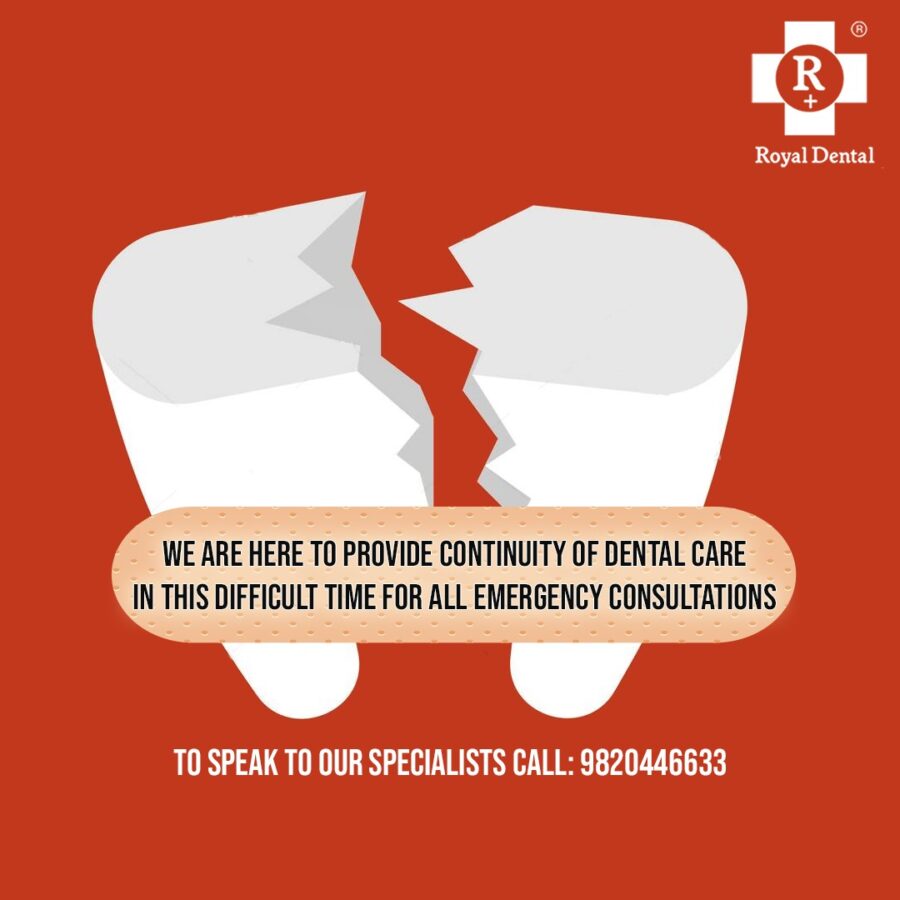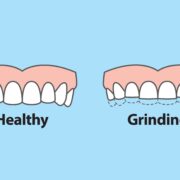India is home to one of the largest populations in the world, yet the country is facing a unique challenge when it comes to dental care. In rural areas, access to dental care is often limited or nonexistent, leading to a host of dental problems that go untreated. Poor oral health has far-reaching effects, as it can lead to pain, infection, and even systemic health problems. Fortunately, there are several solutions to this problem. Including increased access to dental care, education on proper oral hygiene, and government initiatives in rural areas. In this article, we will explore the challenges associated with improving dental care in rural India, as well as the potential solutions to help address these issues.
Challenges of Improving Dental Care in Rural India
The challenge of improving oral care in rural India is a multifaceted one. First and foremost, there is the issue of access to dental care. In many rural areas, there is either no access to dental care or the care that is available is of poor quality. This lack of access is because there are few qualified dentists in rural areas, and many of those who are qualified are unwilling to move to rural areas due to poor infrastructure and lack of resources.

In addition to the lack of access, there is also the challenge of inadequate dental education. In rural areas, there is often a lack of awareness about the importance of oral hygiene and the need for regular dental check-ups. This lack of education means that many people do not understand the importance of taking care of their teeth, leading to a higher incidence of dental problems.
Finally, there is the challenge of cost. Dental care is often expensive, and in rural areas, people may not be able to afford the cost of treatment. This lack of affordability can be a barrier to accessing necessary dental care, leading to a vicious cycle of poor oral health.
Improving dental care in rural India poses challenges
Lack of infrastructure: Rural areas in India often lack basic infrastructure, including hospitals, clinics, and dental facilities. The lack of proper infrastructure makes it difficult for people to access dental care.
Shortage of dental professionals: There is a significant shortage of dental professionals in rural India. According to the World Health Organization, India has only one dentist for every 10,000 people, and the ratio is even lower in rural areas.
Low awareness: There is a low level of awareness among rural populations about the importance of dental health, the risks associated with poor oral hygiene, and the availability of dental services.

Low economic status: Rural populations in India have lower incomes than urban populations, making it difficult for them to afford dental care. Dental procedures can be expensive, and people in rural areas may not have the financial means to pay for them.
Cultural beliefs: Cultural beliefs and practices in rural India may discourage people from seeking dental care. Some people may believe that dental problems are a result of bad karma or supernatural forces and may resort to traditional remedies instead of seeking professional help.
Inadequate training: Many dental professionals in India are not adequately trained to handle the unique challenges of providing dental care in rural areas. They may not be familiar with the cultural norms and practices of rural communities or the unique dental issues that arise in these areas.
Lack of government support: The Indian government has not invested enough in dental care in rural areas, leading to a lack of funding for dental facilities, equipment, and training programs.
Solutions to Improve Dental Care in Rural India
Fortunately, there are several potential solutions to the challenges of improving dental care in rural India. These solutions can be divided into three main categories: improved access to dental care, improved education on proper oral hygiene, and government initiatives to bring dental care to rural areas. Let’s take a closer look at each of these solutions.

Access to Dental Care in Rural India Areas
One of the most effective solutions to improving dental care in rural India is to increase access to dental care. This can be done in several ways, including setting up mobile dental clinics in rural areas, providing subsidies for dental care, and encouraging dentists to move to rural areas.
Mobile dental clinics are an effective way to increase access to dental care in rural areas. These clinics can be set up in rural communities, allowing people to access dental care without having to travel long distances. Additionally, these clinics can be staffed by trained dentists, ensuring that people in rural areas have access to quality dental care.
Subsidies can also be used to increase access to dental care in rural areas. By providing subsidies to people in rural areas, they can access necessary dental care without having to worry about the costs. Additionally, subsidies can be used to encourage dentists to move to rural areas, as they will have access to a larger pool of patients and be able to offer more competitive prices.
Finally, it is important to encourage dentists to move to rural areas. This can be done through a variety of incentives, such as providing subsidies, offering tax breaks, or offering other financial incentives. By providing these incentives, more dentists will be willing to move to rural areas, increasing access to dental care.
Education and Awareness of Oral Hygiene in rural India
In addition to increasing access to dental care, it is also important to focus on educating people about proper oral hygiene. This can be done by providing information about the importance of brushing and flossing, as well as providing information on how to properly take care of one’s teeth. Additionally, it is important to provide information about the dangers of poor oral hygiene, such as the increased risk of cavities and other dental problems.
To ensure that this information is effective, it is important to tailor the information to the local context. For example, in some rural areas. It may be necessary to provide information about traditional methods of oral hygiene, such as the use of neem twigs. Additionally, it is important to provide information in an accessible and engaging way, such as through interactive programs or games.
Government Initiatives for Dental Care in rural India
National Oral Health Program (NOHP): The NOHP was launched in 2014 to improve the oral health of the population, especially children and adolescents. The program focuses on promoting oral hygiene, early detection and treatment of dental diseases, and strengthening the existing dental infrastructure.
National Rural Health Mission (NRHM): The NRHM was launched in 2005 to provide accessible, affordable, and quality healthcare to the rural population. Under this program, the government has set up mobile dental clinics, trained healthcare workers to provide basic dental care, and established dental care facilities in rural areas.
Rashtriya Bal Swasthya Karyakram (RBSK): The RBSK was launched in 2013 to provide comprehensive healthcare, including dental care, to children up to the age of 18 years. The program aims to detect and treat dental diseases in children at an early stage to prevent complications.
Government Initiatives have boomed Dental Care in rural India
Ayushman Bharat: Ayushman Bharat is a national health protection scheme launched in 2018. The scheme aims to provide financial protection to over 10 crore vulnerable families and covers primary, secondary, and tertiary healthcare services, including dental care.
National Health Policy (NHP) 2017: The NHP 2017 emphasizes the need to strengthen dental care services and integrate oral health with general healthcare. The policy calls for the establishment of dental care facilities in underserved areas and the training of healthcare workers in basic dental care.

National Institute of Dental and Craniofacial Research (NIDCR): The NIDCR is a research institute under the Ministry of Health and Family Welfare. The institute conducts research on dental and craniofacial diseases and provides training to dental professionals.
Finally, the government can also improve infrastructure in rural areas to make it easier for dentists to move to rural areas. This can include improving roads, providing access to electricity and water, and improving communication networks. By improving infrastructure, it will be easier for dentists to move to rural areas, increasing access to dental care.
Role of Non-Government Organisation
In addition to government initiatives. Non-governmental organizations (NGOs) can also play an important role in improving dental care in rural India. These organizations can provide funding to support access to dental care in rural areas. As well as provide educational programs to teach people about proper oral hygiene. Additionally, NGOs can provide support to dentists who are willing to work in rural areas. Such as providing financial incentives or access to resources.
Innovative Solutions for Dental Care | Rural India
Finally, it is important to explore innovative solutions for improving dental care in rural India. For example, there have been several initiatives to use technology to improve access to dental care in rural areas. This includes the use of telemedicine, which allows people in rural areas to access dental care remotely. Additionally, there have been initiatives to use 3D printing to create dental prosthetics. Which can reduce the cost of dental care in rural areas.
Conclusion
Improving dental care in rural India is a complex challenge, but it can be addressed through a combination of solutions. These solutions include increasing access to dental care. Improving education on proper oral hygiene, and government initiatives to bring dental care to rural areas. Additionally, non-governmental organizations can play an important role in improving dental care in rural areas. And innovative solutions can be used to reduce costs and increase access. By taking a holistic approach to the problem. It is possible to improve dental care in rural India and ensure that people in these areas have access to the care they need.






